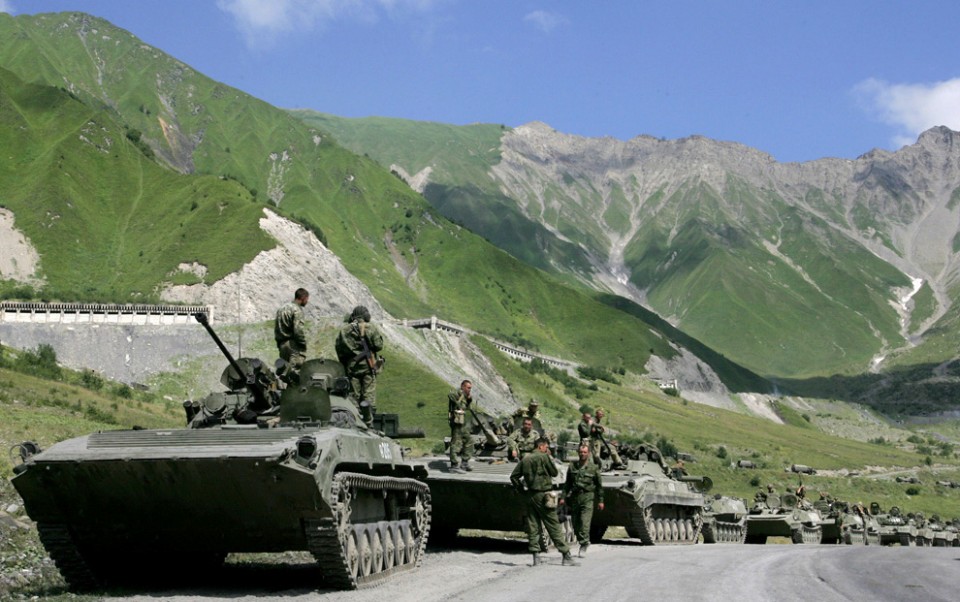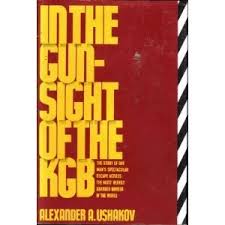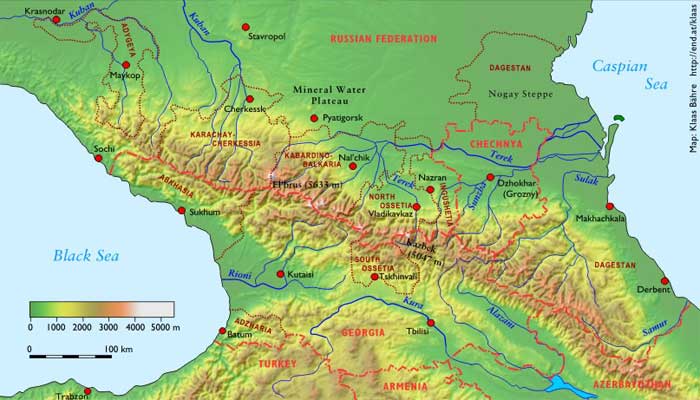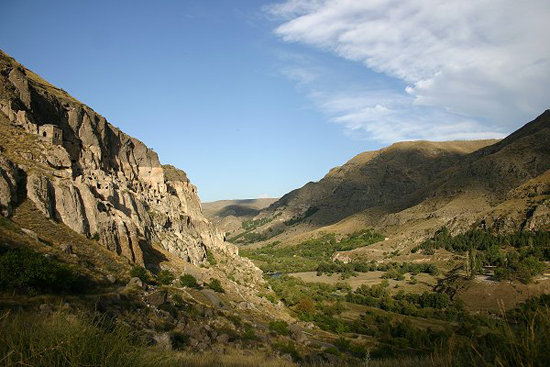
My exposure to the postings here at Return of Kings and some of the travel threads at the Roosh V Forum have generated in me some interest in things Russian. I have never visited the country. My limited knowledge is confined to what books and films have conveyed. But assuming we are reading the right books or seeing the right films, we can still learn a great deal about a culture from a vicarious distance. I wanted to share my opinion of a book I recently read that might be of interest to the Russian enthusiasts here. And it transcends its genre. It is not just a great book about Russia, but a great book about a man’s endurance, survival, and rebirth.
In the Gunsight of the KGB is a memoir by Alexander Ushakov, written in the mid-1980s but not published until 1989. It is his intensely personal account of his betrayal, arrest, show trial, and daring escape across the Soviet border with Turkey. Ushakov writes with that uniquely Slavic blend of philosophic irony and brooding intensity that I find very appealing. Besides being a compelling story, it also deserves much credit for predicting exactly the downfall of communism. Ushakov’s impressions on his new life in America and American culture also make for great reading. One wonders why this book is not more well known.
In the early 1980s, Ushakov was a tenured Marxist political theorist working in an adjunct role with the Soviet Navy. He had actually gotten a Ph.D. in Marxism and had made it his life’s work, but he secretly despised the communist system and spent his nights writing manuscripts predicting the collapse of the communist regime in Russia. Ushakov never published his writings, but a vindictive ex-wife discovered his passion and denounced him to the KGB. It was a classic, heartbreaking betrayal, and Ushakov’s anguish and repressed rage from this unhealed wound runs like an electric current throughout the book.
Ushakov describes his arrest by two KGB goons with such passionate detail that the reader can almost see the unshaven mugs of the agents, and smell the vodka and sweat exuding from their pores:
A strange looking man entered the room. He was short and fat, and wore a crumpled grayish suit and for some reason a large hat with the ear flaps turned up. A tramp. But his eyes were the most amazing part of his face. One was simply crossed, very much so, but the other had moved so far to the side that you only saw the white part of the eye. I knew it was merely a physical impairment, but…there was something hellish about it. Did they recruit people like that on purpose, or did they simply join the KGB?
He was later brought before a kangaroo communist court and subjected to a humiliating inquest. Ushakov openly defies the inquisitors, having nothing left to lose, and pours scorn on his accusers. One gets the sense that, by the 1980s, even the communist nomenclatura had secretly begun to lose faith in the system; but the system still had the power physically to destroy lives, and Ushakov faced at least seven years in a gulag for his writings. So he decided to act, against all the odds.
Released briefly pending the final phase of his trial, Ushakov knew he had only one choice: to flee across the Soviet border (then heavily militarized) into Turkey and freedom. To do this, he had to leave his new wife behind to face the fury of the KGB. But Ushakov had no choice. In words of wisdom that everyone thinking of starting a new life as an émigré should read, he says:
Is it worth it for all of us to leave Point A for Point B? It is. If life puts us in a situation where you have to take the first step from falsehood to the truth, from evil to good, from the devil to God—get up and go. Go despite everything, go through fear of death, and even into the cross-hairs of a gunsight. If you’re right, you will be saved by Providence, and then you’ll be able to go through the whole alphabet, from A to Z and beyond.
Ushakov secretly gathered some basic outdoor survival supplies to endure a trek across the Caucasus Mountains, and slipped away to the closest city he could reach near the Turkish border (Batumi). From there he entered the wilderness of the mountains, and after many days of hiding by day and traveling by night (all described in harrowing detail), he found a way to enter Turkey, dodging a massive manhunt organized to capture him. From there he traveled to Germany, and finally to the United States.
The Caucasus mountains near Batumi, Georgia, crossed by Alexander Ushakov in his escape from the KGB
There are some poignant and moving parts of the book in which Ushakov describes his starting a new life in northern Virginia, and his longing for his homeland. He suffers the pangs of homesickness and guilt that all emigres suffer. Only those who have been uprooted from their cultural environment will fully understand his sorrow, despite his gratification at having escaped persecution. His attitude reminded me of the epitaph of St. Augustine, which read, “What makes the heart of the Christian heavy? The fact that he is a pilgrim, and longs for his own country.” Ushakov would concur with this sentiment.
I found his impressions of American culture also to be worth mentioning. Describing the prevalence of American obesity, he tells us:
Let’s begin with the diet. American dogs, all of them, get special food. There is more food here in general than anywhere else in the world. And all kinds of food. If you know where to buy ethnic foods, you can have any cuisine you want, quite inexpensively. With such gastronomic temptations all around, it is hard to resist and not eat as much as you want, and you gain weight, and that’s why diets are so popular with Americans…Naturally, this is astonishing to a person from the land of socialism, where all sorts of foods disappear periodically…
Readers will be gratified to learn, in an epilogue published at the end of the book, that Ushakov was ultimately able to get his wife permission to join him in exile, after much effort and expense.
Part adventure story, part memoir, and part political treatise, this book defies easy categorization. Anyone interested in Russian affairs will find it of great value, and anyone interested in tales of tragedy and triumph will find it inspiring and thought-provoking in equal measure. As a historical record it is precious, but as a personal testament it is timeless.
Read More: A Hero Of Our Time



Leave a Reply